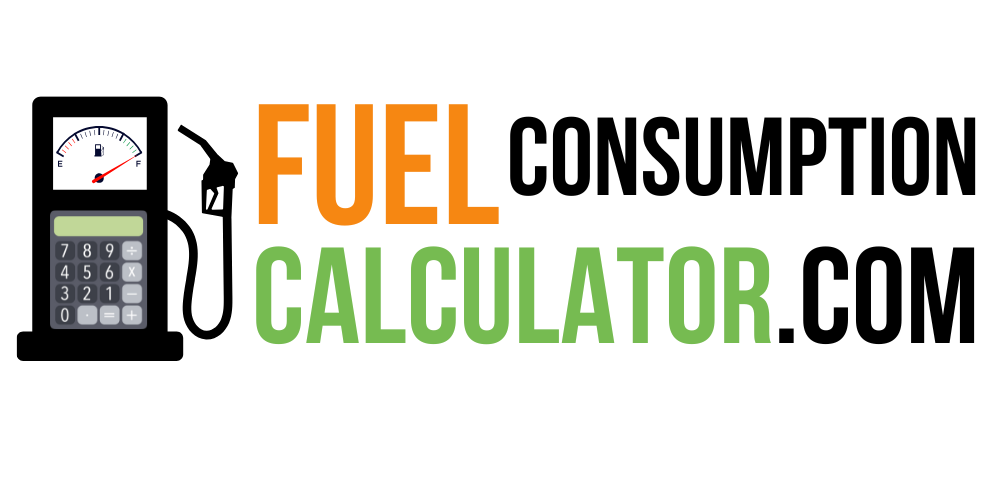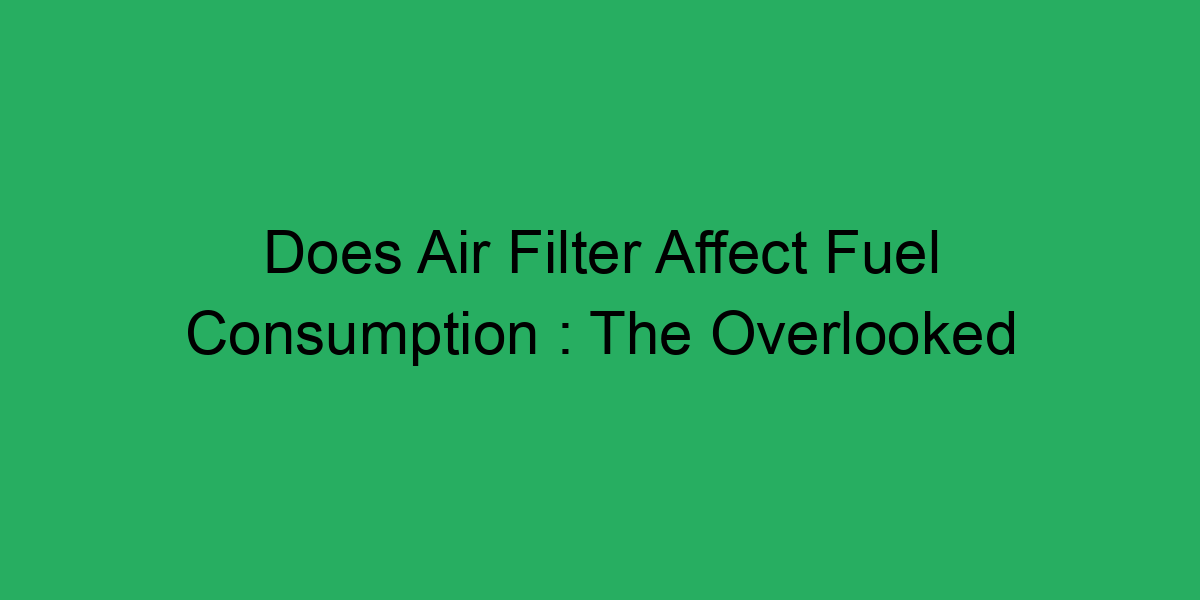Did you know that a dirty air filter can reduce your car’s gas mileage by as much as 10%? This simple oversight can lead to increased fuel consumption, higher costs, and even damage to your engine. But how exactly does an air filter impact fuel consumption, and what can you do about it?
In this article, we’ll delve into the relationship between air filters and fuel efficiency, providing you with actionable insights to optimize your vehicle’s performance.
Contents
Key Takeaways
- A dirty air filter can reduce gas mileage by up to 10% due to restricted airflow.
- Modern fuel-injected engines can partially compensate for a dirty air filter but still benefit from regular replacements.
- A clean air filter improves engine performance, reduces fuel consumption, and lowers emissions.
- Regular air filter maintenance is crucial for maintaining optimal engine health and fuel efficiency.
- High-quality air filters offer better airflow and dirt-trapping capabilities, enhancing overall vehicle performance.
How an Air Filter Affects Fuel Consumption
The Role of Air Filters in Engine Performance
Air filters play a critical role in the functioning of a car’s engine by trapping dirt, dust, and debris, preventing them from entering the engine. A clean air filter ensures that the engine receives the necessary amount of air to mix with fuel for efficient combustion. However, when the air filter becomes clogged, it restricts airflow, forcing the engine to work harder and consume more fuel.
Impact on Fuel Economy
A dirty air filter can significantly impact fuel economy. Since the engine requires a precise mixture of air and fuel for efficient combustion, reduced airflow due to a clogged filter leads to inefficient combustion. This results in the engine burning more fuel to compensate for the lack of air, thereby reducing miles-per-gallon (MPG) rates. In some cases, this can lead to a decrease in gas mileage by up to 10%.
Engine Performance and Acceleration
A clogged air filter not only affects fuel economy but also engine performance and acceleration. With reduced air intake, the engine’s output power decreases, prompting drivers to press the gas pedal further to maintain speed or accelerate. This increased fuel consumption further exacerbates the issue of poor fuel efficiency.
Modern Fuel Injection Systems
While modern fuel-injected engines have sensors that measure air intake and adjust the air-fuel mixture accordingly, a dirty air filter can still cause inefficiencies. These sensors can provide false readings if the air filter is clogged, leading the engine to consume more fuel than necessary. Despite this compensation mechanism, regular air filter replacements are still essential for optimal performance.
High-Quality Air Filters
Selecting a high-quality air filter is crucial for maintaining optimal engine performance and fuel efficiency. Premium air filters, such as those designed to meet or exceed OEM requirements, offer 99% efficiency in trapping contaminants while ensuring low pressure drop for maximum airflow. These filters provide the best combination of airflow and dirt-trapping ability, benefiting both modern and classic engines.
Examples and Applications
Case Study: Lexus Vehicles
For instance, a dirty air filter in a Lexus can lead to significant reductions in fuel economy and engine performance. Regular inspection and replacement of the air filter can result in substantial savings at the gas pump and in overall maintenance costs. This is illustrated by the maintenance recommendations from Tanner Motors, which emphasize the importance of clean air filters for optimal engine function and fuel efficiency.
Practical Application
To apply this information in your daily life, ensure you check and replace your air filter according to the manufacturer’s specifications, typically every 15,000 to 30,000 miles. Here are some steps you can take:
- Check the Filter: Hold the air filter up to the light; if it allows very little light to pass through, it needs to be replaced.
- Select High-Quality Filters: Opt for premium air filters that meet or exceed OEM requirements.
- Maintain Regularly: Regularly inspect and replace the air filter to avoid decreased fuel efficiency and engine performance.
By following these simple steps, you can improve your car’s performance, reduce fuel consumption, and lower emissions, ultimately saving you money and contributing to a more environmentally friendly driving experience.
The Bottom Line
Don’t wait until your air filter is black and filthy to replace it. Take proactive steps today to ensure your vehicle runs smoothly and efficiently. Check your owner’s manual for the recommended replacement interval, and consider scheduling a maintenance appointment with a trusted mechanic. A clean air filter is a small investment that yields significant returns in terms of fuel efficiency, engine health, and overall vehicle performance.

Hi, I’m Sufiyan, the developer behind this platform. I created FuelConsumptionCalculator.com to simplify fuel tracking for everyone — because understanding your vehicle shouldn’t require a degree in mechanics. I’m always working on adding more tools and content to make this site even more useful

